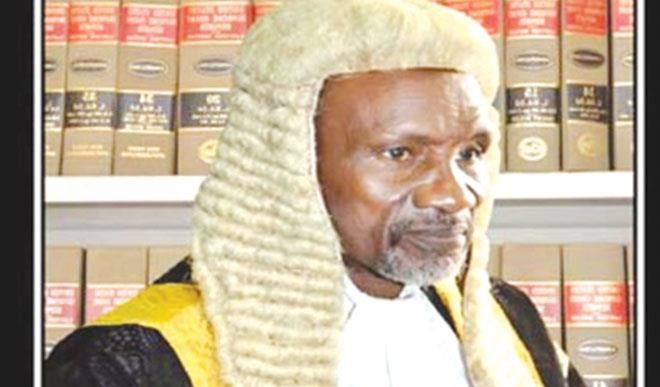
Established in 1989, the Code of Conduct Tribunal is a strikingly unique adjudicatory body created to strengthen integrity in public service by enforcing the Code of Conduct for Public Officers. While the tribunal shares overlapping jurisdiction with ordinary courts in relation to some criminal offences, it has exclusive jurisdiction over particular offences listed in the Nigerian Code of Conduct Bureau and Tribunal Act. The tribunal receives complaints from the Code of Conduct Bureau over breaches of the act. And only the Bureau can refer complaints of non-compliance with, or breach of the act to the tribunal; no other body can.

 Join Daily Trust WhatsApp Community For Quick Access To News and Happenings Around You.
Join Daily Trust WhatsApp Community For Quick Access To News and Happenings Around You.


